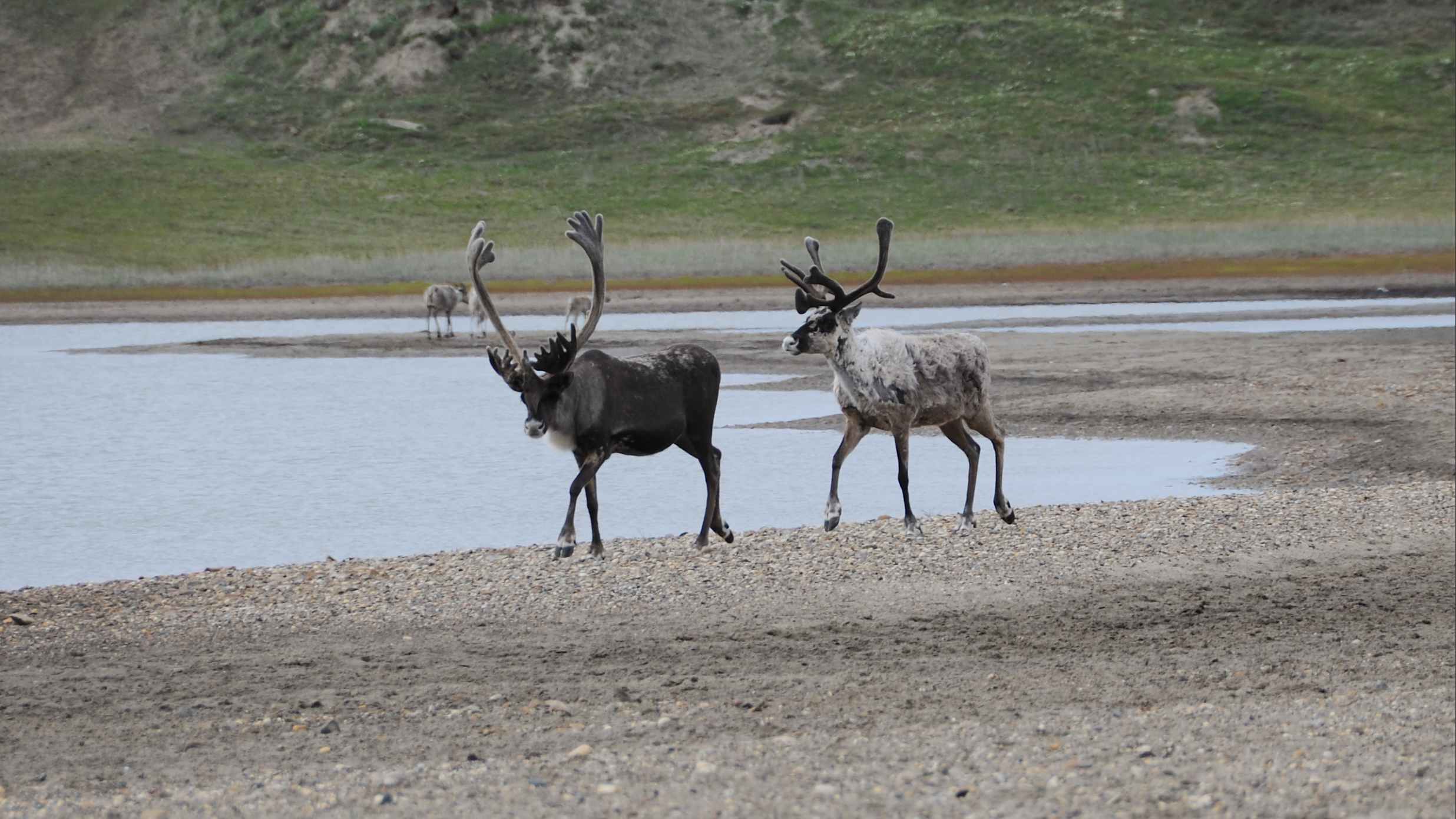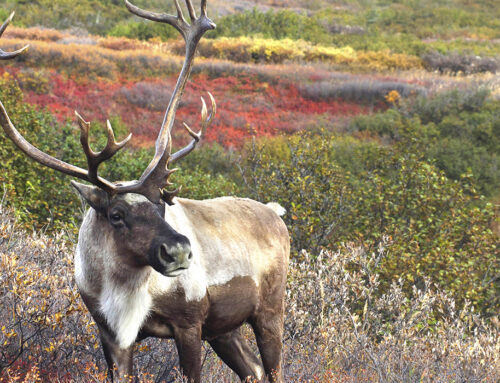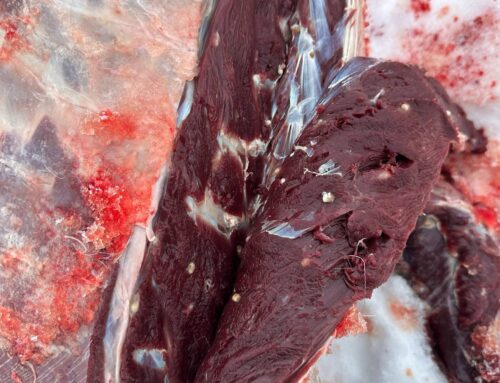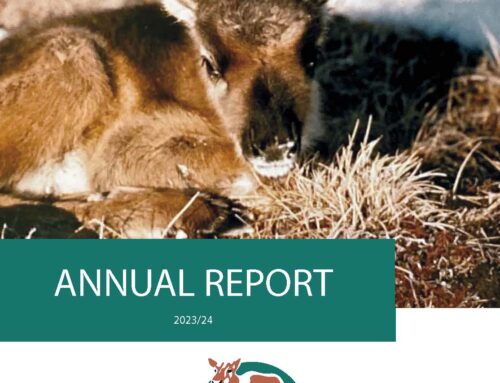This is good news for both the Beverly and Qamanirjuaq barren-ground caribou herds as they significantly decreased in size over the last 30 years – the Qamanirjuaq herd to about half the size it was in 1994, and the Beverly herd to about a third of its size.
The BQCMB recently received the final signature on its 5th 10-year Beverly and Qamanirjuaq Barren Ground Caribou Management Agreement, which is historic for two reasons:
- The Governments of Manitoba, Saskatchewan, Nunavut, Northwest Territories, and Canada agreed to double the BQCMB’s annual funding; and
- It is the first Management Agreement in BQCMB history that includes Indigenous partners as signatories, including the Athabasca Denesųłiné of northern Saskatchewan; the Ghotelnene K’odtįneh Dene of northern Manitoba; the Inuit of the Kivalliq Region of Nunavut; the Lutsel K’e Dene First Nation of NWT; the Northwest Territory Métis Nation, and Tłı̨chǫ Government, NWT.
Chair Earl Evans is a member of the Northwest Territory Métis Nation and a long-time hunter. He has watched the herds continue to decline as industrial development, roads, climate change, disrespectful harvest, forest fires, and other threats against them continue to grow. “Most caribou herds, including the Beverly and Qamanirjuaq herds, are much smaller than they were 25 years ago,” adds Evans, who worries the trend will continue and the herds won’t be able to bounce back.
Along with the BQCMB’s soon-to-be-released Caribou Management Plan, which will give the Board direction and recommend actions for conserving the herds, the new Agreement gives the Board hope – not just for the caribou, but for the Indigenous communities that depend on them, says Evans.
“With both herds declining, we have to be more vigilant than ever to ensure the important cultural, spiritual, and economic relationships between northern peoples and barren-ground caribou are protected.”
For more information, please contact:
Lynne Bereza
Communications Specialist
P: 204-871-0517
E: lbereza@arctic-caribou.com





